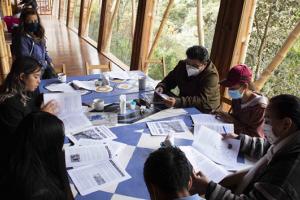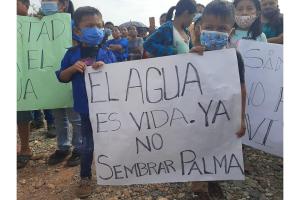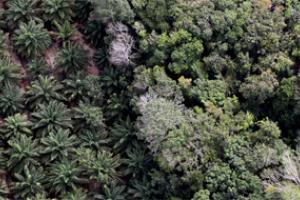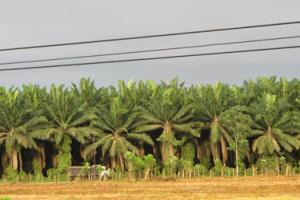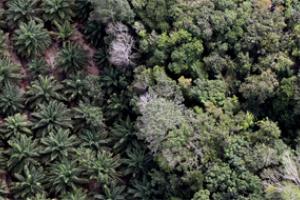Palm Oil
The oil palm tree is native to West Africa. It is an important tree for forest-dependent communities, their cultures and their economies. However, large-scale oil palm monocultures for industrial production (oil and agrofuels) have been driving deforestation and land grabbing in Southeast Asia. More recently, oil palm monocultures are also driving destruction in Africa and Latin America.
One of the main causes of deforestation in Mesoamerica is the expansion of oil palm monoculture. An exchange of experiences brought together representatives from indigenous and peasant communities to coordinate their resistance.
The Palmas del Ixcán company has used multiple tactics to grab land, as well as a deceptive RSPO certification process and the use of “independent producers.” Despite criminalization of communities, their resistance grows ever stronger.
Contamination of water sources, deplorable working conditions, and sexual blackmail in exchange for work, are some of the kinds of violence against women living in and around oil palm plantations in Guatemala and Colombia.
**This article is based on a conversation between Winnie Overbeek, the international coordinator of the World Rainforest Movement, and GRAIN on September 2014, which was published by GRAIN at “Planet palm oil”. The information has been updated for this article.
